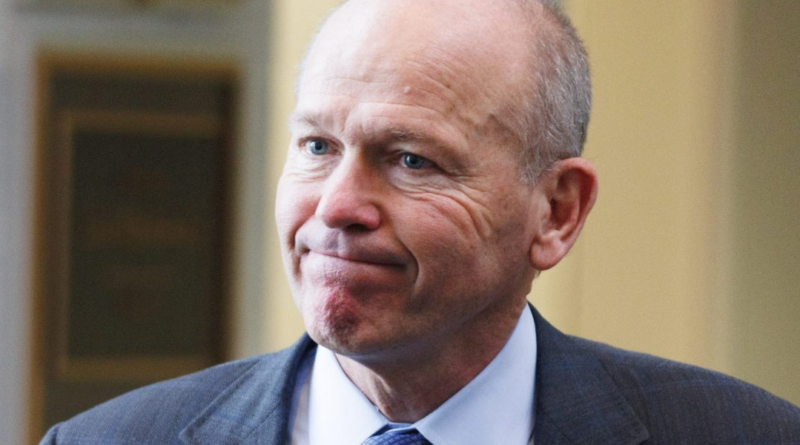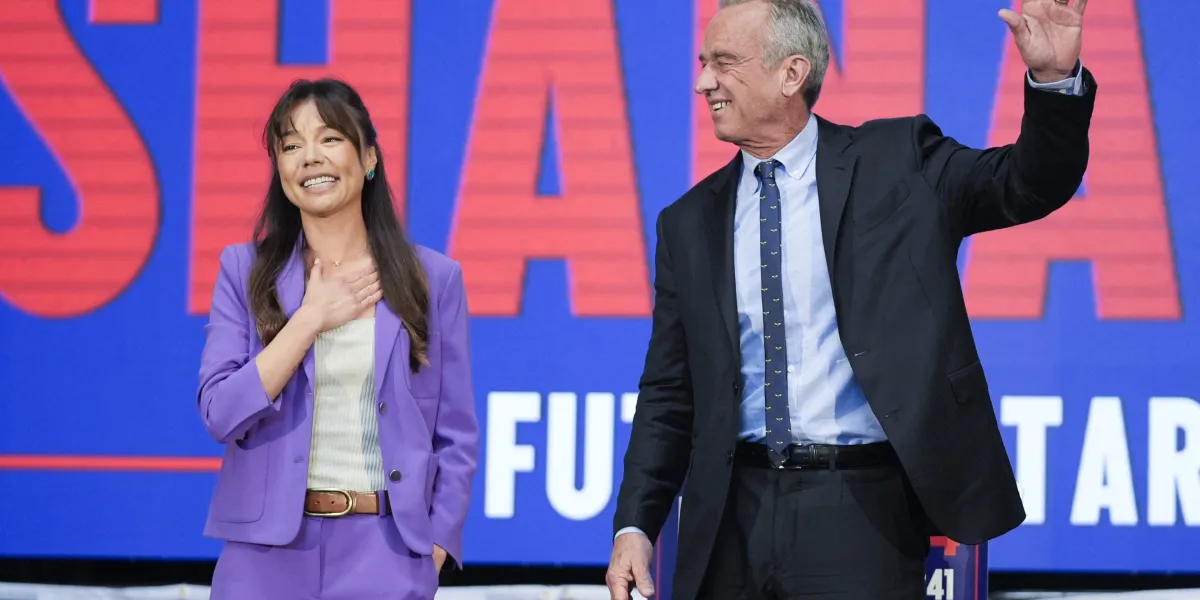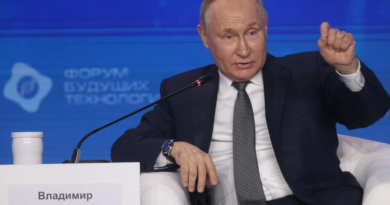Disgruntled Boeing investors take aim at $33 million pay for ex-CEO amid ongoing safety issues
Boeing shareholders pulled no punches at the aviation manufacturers’ shareholder meeting on Friday, asking the board how it could justify the CEO’s $33 million compensation plan and whether Boeing’s culture can reorganize itself around safety in the manufacturing process.
The concerns from investors offer a behind-the-scenes view of the battle Boeing has been waging on all fronts: A whistleblower testified before Congress last month that he was told to “shut up” after raising safety concerns in meetings; two Boeing whistleblowers died in succession; CEO Dave Calhoun is leaving at the end of the year and there is no readily apparent successor to take his place; other airlines are seeking repayment from Boeing for late aircraft deliveries; and, the Justice Department is considering pursuing charges of fraud against the company. On top of that, the stock price is down 29% year-to-date, making Boeing the second-worst performing company in the S&P 500 index.
The timing almost couldn’t be worse for Friday’s annual shareholder meeting and Boeing stuck to crisis management 101—Chairman Steven Mollenkopf remained calm but offered almost no real details about the progress of the company’s CEO search.
Still, shareholders exacted their toll, firing off sharply worded questions about the board’s effectiveness and its key decisions—an uncomfortable position for a company that boasts a slew of current and former CEOs from such Fortune 500 companies as Amgen, Carrier Global, Duke Energy, and others in private equity.
A Boeing spokesperson declined to comment to Fortune on the pointedness of the questions.
One investor asked about the process for finding a new CEO to lead the complex $112 billion company. Mollenkopf, who is leading the search, said almost nothing about timing or criteria but stated that he had been meeting with investors and customers for feedback.
“We will announce the new CEO once we have completed a thorough and thoughtful process,” he said.
Calhoun read prepared remarks aloud. He said Boeing has added more quality controls, including at its suppliers. In response to a shareholder question about safety, Calhoun added that the company is increasing training for new employees and simplifying some of its processes to help avoid defects. Whistleblowers have reported a culture of retaliation at Boeing for those who raise safety issues, but Calhoun added that the company is addressing it with investigations and stricter enforcement of its non-retaliation policy.
“We will measure our progress one airplane at a time,” he said in the prepared remarks.
While management proposals are usually rubber-stamped with unanimous support, shareholder opposition began even before the meeting, ramping up the difficulties the embattled airplane manufacturer has contended with following a January incident in which a door plug flew off an Alaska Airlines plane mid-flight. Following the Alaska debacle, Boeing dramatically revamped its comp plan to incentivize executives for safety and quality and paid zero bonus to Calhoun at his request, according to the company’s proxy statement.
But it wasn’t enough for at least some of its shareholders.
Ahead of the meeting, some investors protested against Calhoun’s reelection to the board and the approval of his $33 million compensation package. Proxy adviser Glass Lewis & Co. recommended that shareholders vote against Calhoun’s reelection, along with two other directors, Akhil Johri and David Joyce, who chair Boeing’s audit and aerospace safety committees, respectively.
Glass Lewis said a vote against Calhoun and the other directors would, “strongly signal dissatisfaction with the Company’s oversight of its safety culture and its efforts to transform said culture, which, in our view, have not progressed quickly enough…”
Proxy Adviser Institutional Shareholder Services (ISS) recommended shareholders vote against Calhoun’s giant compensation package because of the large increase he saw last year, Bloomberg Law reported. Calhoun’s pay jumped 45% to $32.8 million, according to the company’s proxy statement.
“While the committee provided rationale, it was not viewed as particularly compelling for such a significant increase, especially given two other recent increases since Calhoun became CEO in 2020.”
Despite the objections, both proposals were approved, based on the preliminary results at the meeting.




